Exploring the Dynamic Relationships Between Death Note Characters

1 year ago
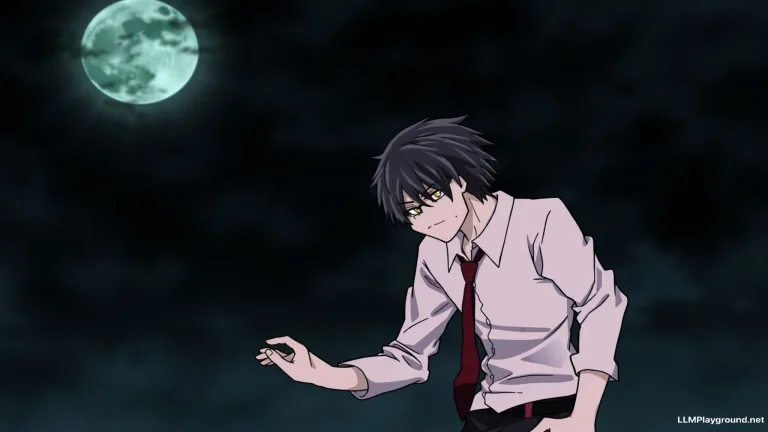
Introduction
In the world of anime and manga, few series have captivated audiences quite like 'Death Note'. The psychological thriller delves deep into themes of morality, justice, and the human condition, all encapsulated through the lives of its complex characters. As viewers and readers follow the narrative of Light Yagami and L, they also encounter a host of supporting characters whose relationships add depth and intrigue to the story. Each character, from the whimsical yet deadly Ryuk to the determined Misa Amane, plays a crucial role in shaping the fiery conflict between good and evil. Their interactions reveal not only their motivations but also their vulnerabilities, creating a rich tapestry of alliances, betrayals, and emotional turmoil. In this exploration, we will dissect the dynamic relationships between these characters, shedding light on how their connections influence the overarching plot and provoke thought about the nature of justice. Join us on this journey through the shadows of 'Death Note', where every relationship is a testament to the narrative's complexity and brilliance, revealing how the interplay of friendships, rivalry, and love drives the riveting storyline forward. Whether you're a longtime fan or new to the series, understanding these relationships will enhance your appreciation of this iconic tale.
The Mind Games of Light Yagami
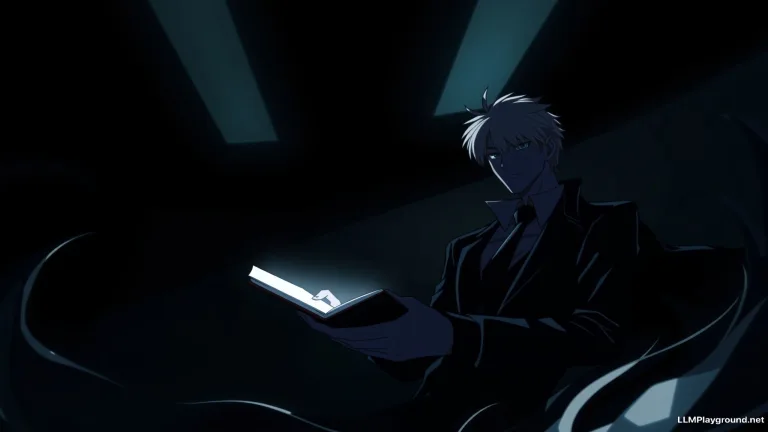
Light Yagami, the brilliant yet morally ambiguous protagonist of Death Note, is a character defined by his intricate mind games and cathartic philosophy of justice. As a high school student who stumbles upon the Death Note, Light's initial intention is to eradicate crime and reshape the world into a utopia. However, this noble ambition quickly spirals into a battle of wits and a quest for absolute power, highlighting the dark complexities of his personality. His interactions with other characters, particularly Detective L, expose the chess-like strategy that Light employs, where every move is calculated, and every decision is a reflection of his evolving ideology.
Throughout the series, viewers witness Light’s transformation from a hopeful idealist to a ruthless mastermind, revealing the intricate psychological games he plays not only against his enemies but also within himself. These mind games serve to reflect the duality of his character as an antihero, showcasing the tenuous line between justice and tyranny. The dynamic relationships between Light and other key players like Misa Amane and Near further complicate his narrative, creating an atmosphere of suspense and intrigue that keeps audiences captivated. Understanding Light Yagami’s strategic maneuvers is essential for appreciating the broader themes of morality and the implications of absolute power in the Death Note universe.
L's Unyielding Pursuit of Justice

L, the enigmatic detective of the series Death Note, stands as a symbol of unyielding resolve in the pursuit of justice. His unmatched intellect and unconventional methods make him a formidable opponent for Light Yagami, who embodies the dark side of vigilante justice. L’s approach to crime-solving is characterized by meticulous attention to detail and a keen understanding of human psychology, allowing him to anticipate the moves of criminals. This intensity is rooted in his unwavering belief that justice must prevail at any cost, often leading him to engage in a psychological cat-and-mouse game with Light. As viewers follow L's relentless quest to uncover Kira's true identity, we witness a character driven not only by the desire for justice but also by a profound sense of moral obligation. His dedication highlights the complexities of justice itself; it isn’t merely a response to crime but a deeper philosophical pursuit that shapes his very existence.
Moreover, L's unconventional lifestyle further emphasizes his commitment to his mission. He often forgoes personal comfort and relationships, immersing himself entirely in the case. This isolation underscores the sacrifices he makes in the quest for justice, contrasting sharply with Light's more selfish motivations. As the narrative unfolds, we see how L's strengths are matched only by his vulnerabilities, creating a rich tapestry of character development. His pursuit of justice is not just about catching Kira; it’s about the battle between two ideologies—one that prioritizes order and safety and another that promotes freedom at the cost of lives. L’s relentless pursuit becomes a fascinating exploration of what it means to seek justice in a world shrouded in moral ambiguity.
Misa Amane: Love and Devotion
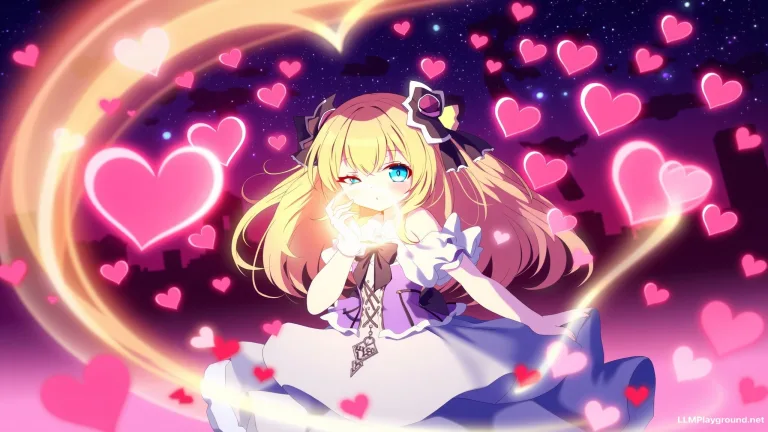
Misa Amane, a key figure in the Death Note series, personifies love and devotion in a way that is both captivating and tragic. As a fan of the enigmatic Kira, she is willing to sacrifice everything for Light Yagami, whom she perceives as her one true love. Misa's unwavering loyalty to Light highlights the complexities of her character; while she presents a bubbly and cheerful demeanor, beneath the surface lies an intense desire for acceptance and purpose. Her infatuation with Light drives many of her actions, and her willingness to wield her own Death Note for his sake underscores the depth of her devotion.
However, Misa's love is not without its consequences. Often portrayed as a pawn in Light's larger game, her character raises essential questions about agency and manipulation in relationships. As the story unfolds, Misa's actions are impelled by her feelings for Light, leading to a series of decisions that ultimately isolate her from those around her. This dynamic relationship serves as a poignant reminder of how love can empower but also entrap individuals. Misa's journey through love and devotion, paired with the dramatic twists of the narrative, illustrates the intricate balance of support and sacrifice in relationships, making her one of the most compelling characters in the Death Note saga.
The Brooding Spectrum of Ryuk
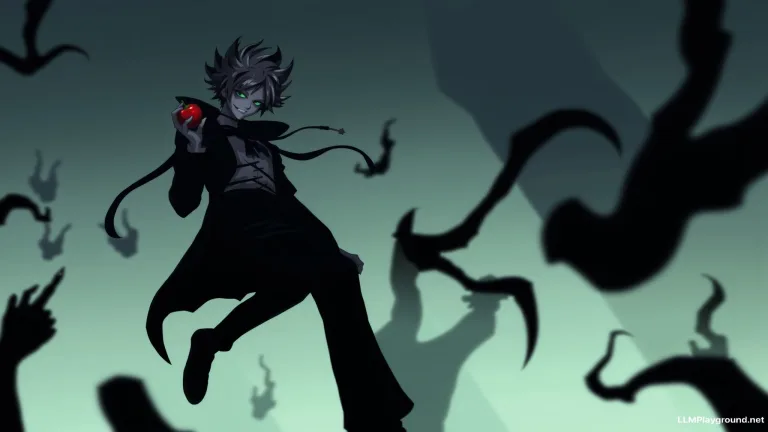
Ryuk, the enigmatic Shinigami from the acclaimed series 'Death Note', plays a pivotal role in the unfolding drama between light and darkness. As the whimsical yet sinister observer of human behavior, he introduces the Death Note to Light Yagami, fueling a cat-and-mouse game that analyzes moral dilemmas and psychological complexities. His iconic apple-eating habit and carefree demeanor often mask his deeper character motivations, adding layers to his personality. Ryuk embodies the essence of duality—he revels in chaos while remaining somewhat detached, making him an endlessly fascinating character in the 'Death Note' universe.
Throughout the series, Ryuk's influence on Light is profound, providing a rich commentary on the weight of power and the choices we make. As he watches Light’s descent into darkness, the viewer is reminded of the Shinigami’s own boredom, which often serves as a legacy of his indifference to human struggles. Yet, beneath his casual exterior lies a deeper understanding of the human condition, particularly in how ambition can warp one's morality. This brooding spectrum of Ryuk challenges fans to reflect on the fine line between justice and vengeance, making him not just a harbinger of doom but also a complex figure whose motivations transcend mere malevolence.
Beyond Reason: The Conflict of Ideologies
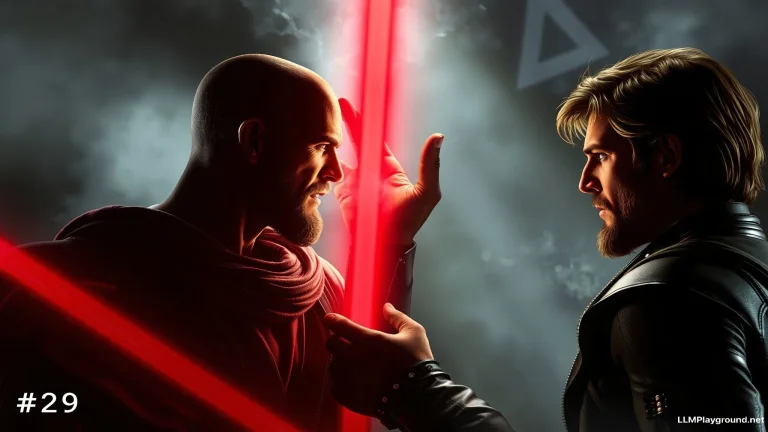
In the gripping universe of Death Note, the characters are not just pawns in a game; they embody conflicting ideologies that challenge our perceptions of morality and justice. At the forefront stands Light Yagami, a prodigious student who, armed with the Death Note, believes he can cleanse the world of evil through the power of life and death. His ideology of justice is about control, demonstrating how unchecked ambition can corrupt even the most noble intentions. In stark contrast, we have L, a brilliant detective driven by a deep-seated belief in the law and humanity. He understands that every action has consequences and relentlessly pursues Light, embodying the fight for justice that values life.
This ideological clash not only drives the plot but also invites viewers to question the essence of good versus evil. Light's cold, calculated philosophy becomes a frightening reflection of utilitarianism, where the ends justify the means, while L's relentless pursuit of truth and justice serves as a reminder of the importance of accountability in a flawed world. As their game of cat and mouse unfolds, audiences are drawn into a complex narrative that forces them to consider where they stand in the midst of chaos. The conflicting worldviews are not merely story elements; they resonate deeply with viewers, encouraging debates around morality, ethics, and the very nature of justice.
The Emotional Turmoil of Near
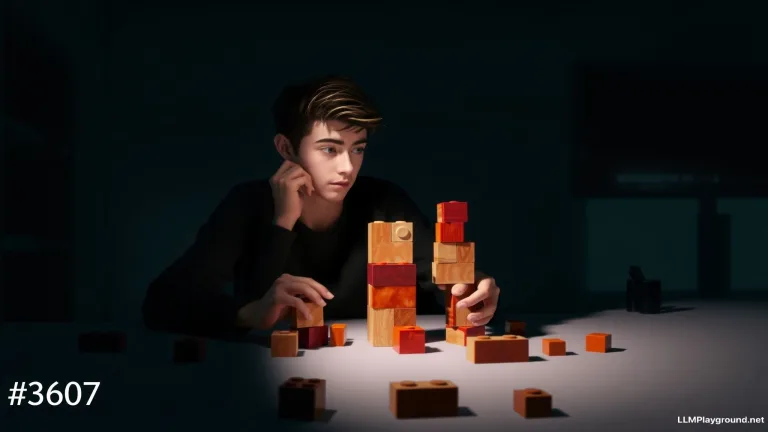
Near, the enigmatic successor to L, embodies a complex emotional landscape as he navigates the lethal game of cat and mouse with Kira. His journey reveals a blend of determination, isolation, and a relentless pursuit of justice, highlighting the emotional turmoil that defines his character. Despite his calm exterior, Near grapples with the weight of expectations placed upon him, making his interactions with others, particularly with Mello and Light Yagami, all the more poignant. This constant internal clash raises questions about loyalty and trust, pushing Near into moral dilemmas that echo the psychological horrors present throughout 'Death Note.'
As he confronts his predecessors' legacies and the sinister shadows cast by Kira, Near's emotional battles culminate in a quest not only for triumph over evil but also for self-acceptance. The relationship dynamics, especially his rivalry with Mello, are fraught with tension and rivalry. Mello's impulsiveness often contrasts Near's calculated approach, leading to profound moments of emotional conflict. Ultimately, Near's journey becomes a testimony to the fighting spirit of intellect within a world that often favors brute strength. Through Near, 'Death Note' explores how the burden of intellect can lead to profound emotional turmoil, underscoring the show's overarching themes of morality and the human psyche.
The Duality of Teru Mikami
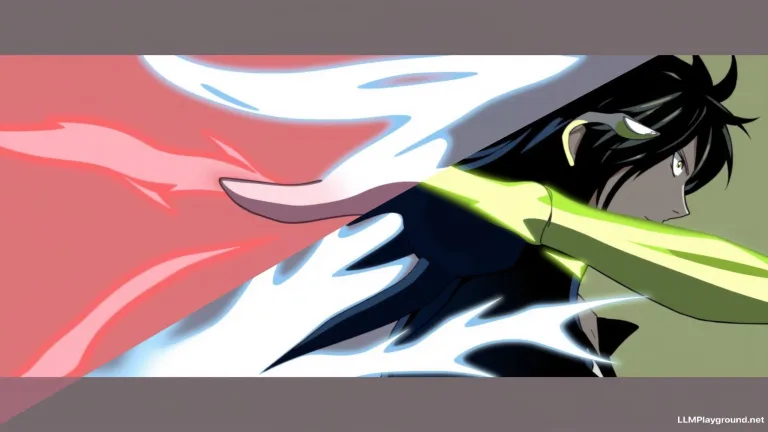
Teru Mikami is one of the most intriguing characters in the Death Note series, embodying the complexity of morality and justice. He starts as a devoted follower of Kira, blindly believing in the cause of a world free from crime and corruption. His transformation into a crucial player in the Kira narrative showcases the duality of his existence. On one hand, he presents himself as a righteous individual, driven by a strong sense of justice; on the other, he becomes a chilling puppet of Light Yagami’s ambitions, losing his moral compass in the process. This intense conflict not only highlights his character depth but also serves as a reminder of the potential consequences of blind faith in any ideology.
Mikami's relationship with the Death Note is also pivotal to his duality. The notebook grants him immense power, but it also emphasizes the dark side of his character. As he takes on the role of Kira's executioner, he becomes increasingly obsessed with the idea of purging evil, losing touch with his own humanity. His willingness to go to extreme lengths, including sacrificing innocent lives, points to the danger of absolute power and the thin line between justice and tyranny. In essence, Teru Mikami illustrates how a character can embody both the heroic and the villainous, leaving readers questioning what true justice really means in the harrowing world of Death Note. His evolution is a testament to the show's exploration of morality, leaving audiences captivated by his complex psychological journey.
The Unseen Strings: Mello's Manipulations
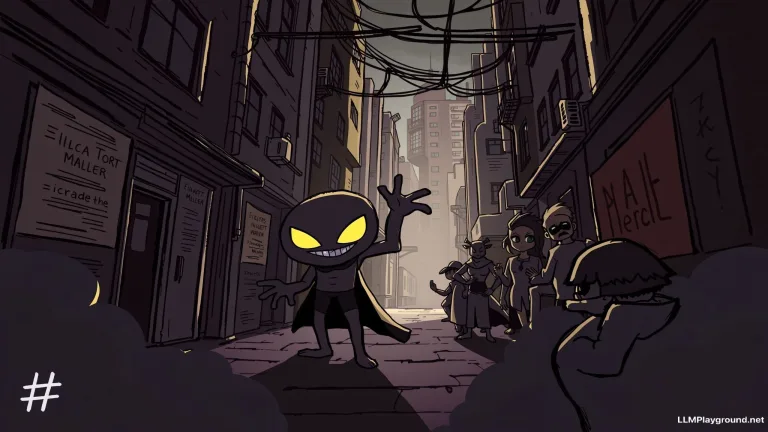
Mello, one of the key antagonists in the Death Note series, operates from the shadows, expertly manipulating characters and situations to serve his own agenda. His cunning tactics and strategic mind set him apart from other characters, driving the plot in unexpected directions. While often overshadowed by Light Yagami and L, Mello's subtle yet impactful actions weave an intricate web of alliances and rivalries. His relationship with Near, and his rivalry with Light, highlights the complexities of ambition, power, and manipulation in Death Note, making him a character that is as enigmatic as he is brilliant.
What makes Mello's manipulative nature even more intriguing is his ethical ambiguity. Unlike Light, who aims for a new world order through lethal justice, Mello’s methods are often influenced by personal vendettas and relationships. This duality makes every encounter with Mello drastically different, forcing other characters to adapt or risk losing their lives. His unpredictability and emotional depth invite viewers to question the nature of good and evil in the series. As we delve deeper into Mello's character, we uncover the unseen strings he pulls, leading to poignant reflections on power, rivalry, and the human condition in the game of cat and mouse that defines Death Note.
The Endgame: A Web of Deceit
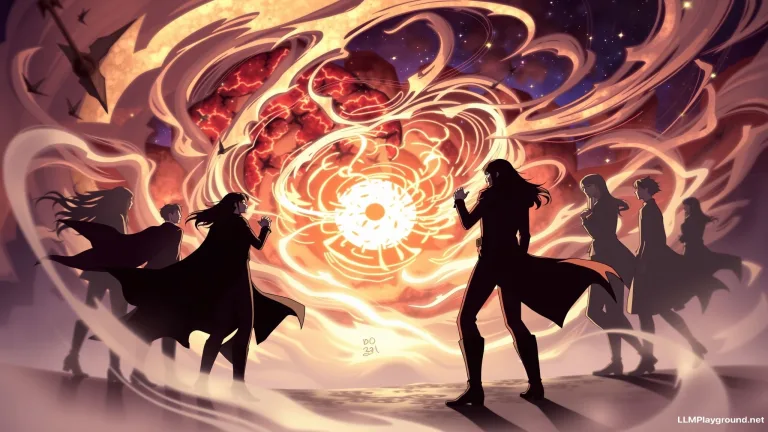
In the world of Death Note, the endgame is where the intricate web of deceit truly unravels. Character motivations intertwine, revealing their deepest desires and fears, as their fates hang in the balance. This tension creates a rich narrative landscape where alliances shift, truths are hidden, and the ultimate goals of the protagonists become blurred. Light Yagami and L's cat-and-mouse game encapsulates this beautifully, each step filled with strategic brilliance and psychological warfare that leaves the audience at the edge of their seats. As the story progresses, the pressure mounts, and we see how each character's choices lead them closer to their chosen ends, often with devastating consequences.
The dynamics between Light, L, and their supporting cast illustrate how deception can shape relationships. As they each strive to outwit the other while grappling with their moral compasses, viewers are left to ponder the nature of justice and power. Notably, characters like Misa Amane and Near introduce additional layers of complexity, further blurring the lines between friend and foe. The evolving relationships raise questions about loyalty, betrayal, and sacrifice, culminating in a dramatic finale that challenges everything we thought we knew about each character. In the end, it’s not just about who wins, but also about what they sacrifice and who they lose along the way. The endgame in Death Note is a captivating testament to how deception can dictate fates.
As we dive deeper into the narratives of your favorite Death Note characters, consideration of their relationships reveals the profound impacts of their choices. The manipulation, trust, and deception entwine to forge a dark yet fascinating exploration of morality and ambition. Each character contributes to the grand tapestry that is Death Note, and their interconnected fates highlight the unpredictability of human nature in the pursuit of power and justice.
Legacy of Death: A New Generation
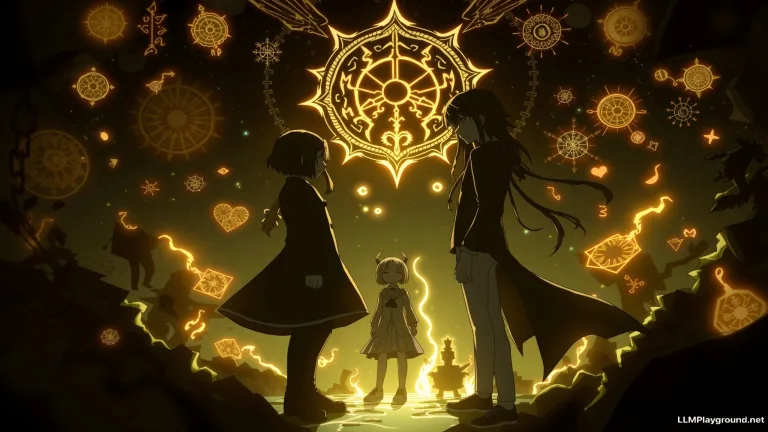
In the world of Death Note, the legacy of its characters extends far beyond their individual arcs. The show intricately weaves a narrative that delves into moral dilemmas, justice, and the consequences of wielding immense power. As fans of the series reflect on the lives of iconic figures such as Light Yagami and L, the question arises: how do their choices resonate with the new generation of characters? The answer lies in the profound impact these figures have left on society, igniting a spark of curiosity and critical thought in younger audiences. Through exploration of themes such as morality, justice, and the nature of humanity, new characters emerge, often shaped by the shadows of their predecessors who danced with the power of the Death Note.
The introduction of newer characters, perhaps inspired or even haunted by the events of the original series, creates a dynamic interplay between legacy and innovation. These characters do not merely echo the past; they interpret and challenge it in ways that offer fresh perspectives. For example, the next generation might grapple with their own struggles of ethics and choices, illustrating that the fight against good and evil is timeless. Through the exploration of this new generation, viewers are invited to rethink previously established paradigms and engage in stimulating discussions around justice and morality. Ensuring the legacy of Death Note remains both relevant and poignant, the show's core themes continue to inspire and provoke thought across age groups.
Conclusion
The intricate relationships between the characters in 'Death Note' not only propel the narrative forward but also enrich the series' exploration of human psychology. Each character embodies unique traits and ideals, illustrating the diverse perspectives on justice, morality, and the consequences of power. As we've seen, the connections between them can lead to unexpected alliances and heartbreaking betrayals, making their interactions pivotal to the storyline. By delving into these dynamics, we gain a deeper understanding of the characters' motivations and the moral dilemmas they face. 'Death Note' remains a timeless exploration of the human condition, showcasing how relationships can shape destinies. Whether a complex clash between rivals or a tender moment of understanding, these character connections highlight the nuances of the narrative and reflect the real-world complexities of human relationships. So, the next time you revisit the series, take a moment to appreciate the layers of character dynamics — you might just discover a new perspective in this gripping battle of wits.
Frequently Asked Questions (FAQs)
Q: What is the main theme of Death Note?
A: The main theme of Death Note revolves around morality, justice, and the consequences of wielding power.
Q: Who are the two main characters in Death Note?
A: The two main characters are Light Yagami, a high school student who gains the power to kill anyone by using a notebook, and L, the enigmatic detective trying to catch him.
Q: What role does Ryuk play in Death Note?
A: Ryuk is a Shinigami who drops the Death Note into the human world, serving as both a catalyst for the story and a detached observer of human behavior.
Q: How do the relationships affect the plot of Death Note?
A: The relationships drive the conflict, highlighting themes of trust, betrayal, and ethical dilemmas that are central to the narrative.